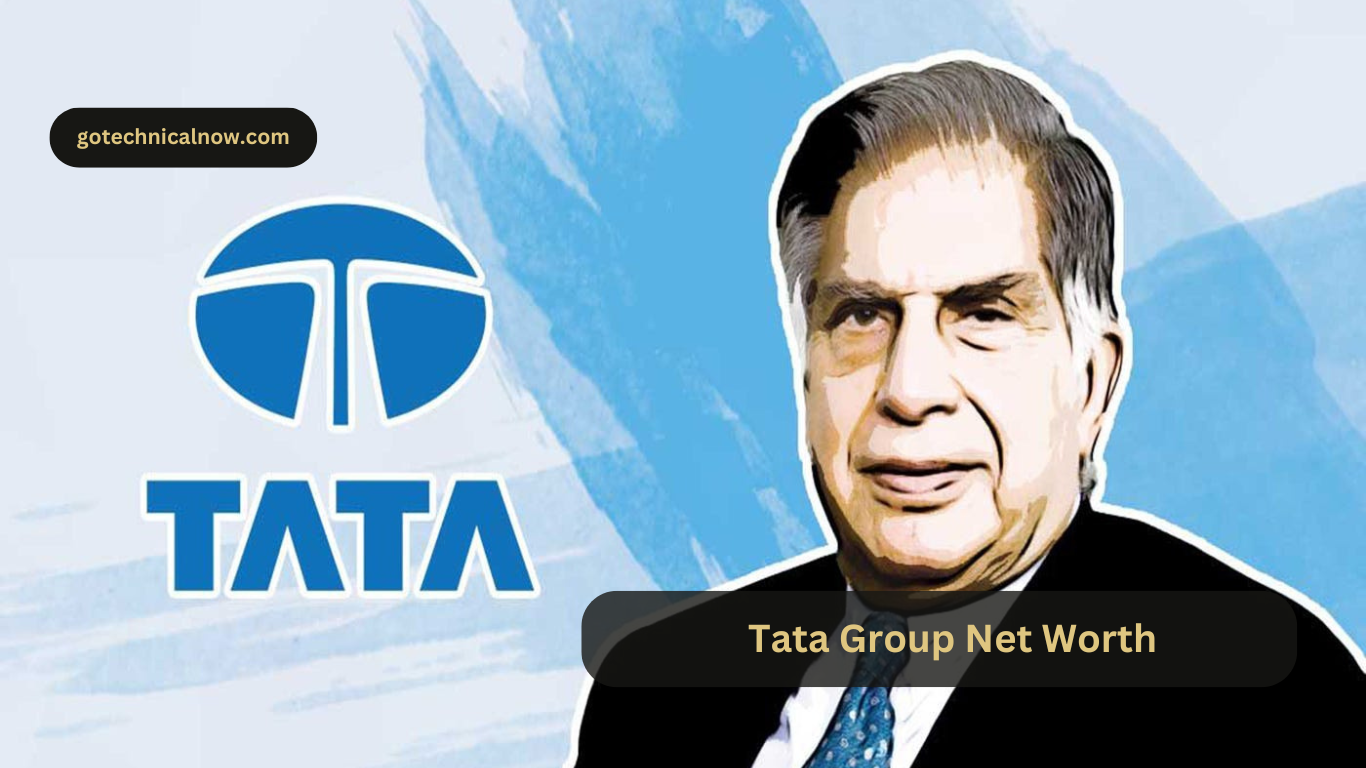The Tata Group, one of India’s most prestigious conglomerates, was founded in 1868 by Jamsetji Tata. Born into a family of Parsi Zoroastrian priests on March 3, 1839, in Navsari, Gujarat, Jamsetji displayed entrepreneurial talents early on. After studying at Elphinstone College in Bombay (now Mumbai), he joined his father’s trading firm. This experience, coupled with his exposure to global business practices, laid the foundation for what would become the Tata Group.
Career and Expansion
Jamsetji Tata’s vision was to create an industrial revolution in India. He founded Tata Group with a focus on industries like steel, energy, textiles, and hospitality. His first major venture was the establishment of Empress Mills, a textile mill in Nagpur, in 1877. This was followed by his most ambitious project, Tata Steel, which was founded in 1907. Today, Tata Steel is one of the world’s largest steel manufacturers.
The early 20th century saw the Tata Group diversify further. Under the leadership of Jamsetji’s successors, Sir Dorabji Tata and Sir Ratan Tata, the company ventured into various sectors, including power (Tata Power, established in 1911), hospitality (the iconic Taj Mahal Hotel in Mumbai), and chemicals (Tata Chemicals, founded in 1939).
Relationships and Philanthropy
The Tata family has always emphasized the importance of giving back to society. This philanthropic ethos is deeply embedded in the Tata Group’s corporate culture. Jamsetji Tata’s sons, Sir Dorabji Tata and Sir Ratan Tata, set up trusts and foundations that have contributed significantly to India’s development. These trusts have funded numerous educational institutions, research facilities, and healthcare initiatives.
One of the most notable contributions is the Tata Institute of Social Sciences (TISS), established in 1936, and the Tata Institute of Fundamental Research (TIFR), set up in 1945. Additionally, the Tata Memorial Hospital in Mumbai has been a pioneer in cancer treatment and research.
Real Estate and Global Presence
The Tata Group’s real estate ventures are as impressive as its industrial achievements. The group’s real estate arm, Tata Housing Development Company, has developed numerous residential and commercial projects across India. These projects are known for their quality, innovation, and sustainability.
Internationally, the Tata Group has made several strategic acquisitions, enhancing its global footprint. Notable acquisitions include the purchase of the British luxury car brands Jaguar and Land Rover in 2008, the acquisition of the UK’s Tetley Tea in 2000, and the purchase of Corus, a major European steelmaker, in 2007.
Net Worth and Financial Strength
As of 2024, the Tata Group’s net worth is estimated to be over $250 billion. This staggering figure is a testament to the group’s diversified business interests and its ability to adapt to changing market dynamics. The group operates in more than 100 countries across six continents, employing over 750,000 people globally.
Key Figures and Leadership
Over the years, the Tata Group has been led by visionary leaders who have steered the conglomerate to new heights. J.R.D. Tata, who took over the reins in 1938, played a pivotal role in expanding the group’s horizons. Under his leadership, Tata Consultancy Services (TCS) was founded in 1968, marking the group’s foray into the burgeoning IT sector.
Ratan Tata, who succeeded J.R.D. Tata in 1991, continued this legacy of innovation and expansion. During his tenure, the Tata Group transformed into a global powerhouse, with revenues growing manifold. Ratan Tata’s emphasis on innovation, quality, and corporate social responsibility has left an indelible mark on the group.
The current chairman, Natarajan Chandrasekaran, appointed in 2017, has continued this tradition of excellence. Under his leadership, the Tata Group has focused on digital transformation, sustainability, and enhancing shareholder value.
Innovations and Future Prospects
Innovation has always been at the heart of the Tata Group’s success. From pioneering India’s steel industry to leading the IT revolution, the group has consistently been at the forefront of technological advancements. Tata Motors, a subsidiary of the Tata Group, is a prime example of this innovative spirit. The company has made significant strides in electric vehicle technology, with the launch of the Tata Nexon EV, which has garnered widespread acclaim.
The Tata Group is also heavily invested in renewable energy. Tata Power, one of India’s largest integrated power companies, has ambitious plans to expand its renewable energy portfolio, aiming to generate 50% of its total capacity from clean energy sources by 2025.
Social Impact and Corporate Social Responsibility
The Tata Group’s commitment to social responsibility is unparalleled. The group spends a significant portion of its profits on social initiatives, ranging from healthcare and education to rural development and environmental conservation. The Tata Trusts, which control about 66% of Tata Sons, the holding company of the Tata Group, are instrumental in driving these initiatives.
The group’s emphasis on sustainability is evident in its operations. Tata Chemicals, for instance, has implemented several eco-friendly practices in its manufacturing processes, while Tata Steel has been recognized for its efforts in reducing carbon emissions and promoting sustainable mining practices.
Challenges and Controversies
Despite its illustrious history, the Tata Group has faced its share of challenges and controversies. The most notable was the public spat between Ratan Tata and Cyrus Mistry, who was ousted as chairman in 2016. The legal and boardroom battles that ensued highlighted governance issues within the group. However, the Tata Group has since taken steps to improve corporate governance and ensure transparency in its operations.
Conclusion
The Tata Group’s journey from a small trading firm to a global conglomerate is a testament to the vision, perseverance, and values of its founders and leaders. With a rich legacy of innovation, philanthropy, and ethical business practices, the Tata Group continues to play a pivotal role in shaping India’s economic landscape. As it forges ahead, the group’s commitment to sustainability, social responsibility, and technological advancement ensures that it remains a beacon of excellence in the global business arena.










